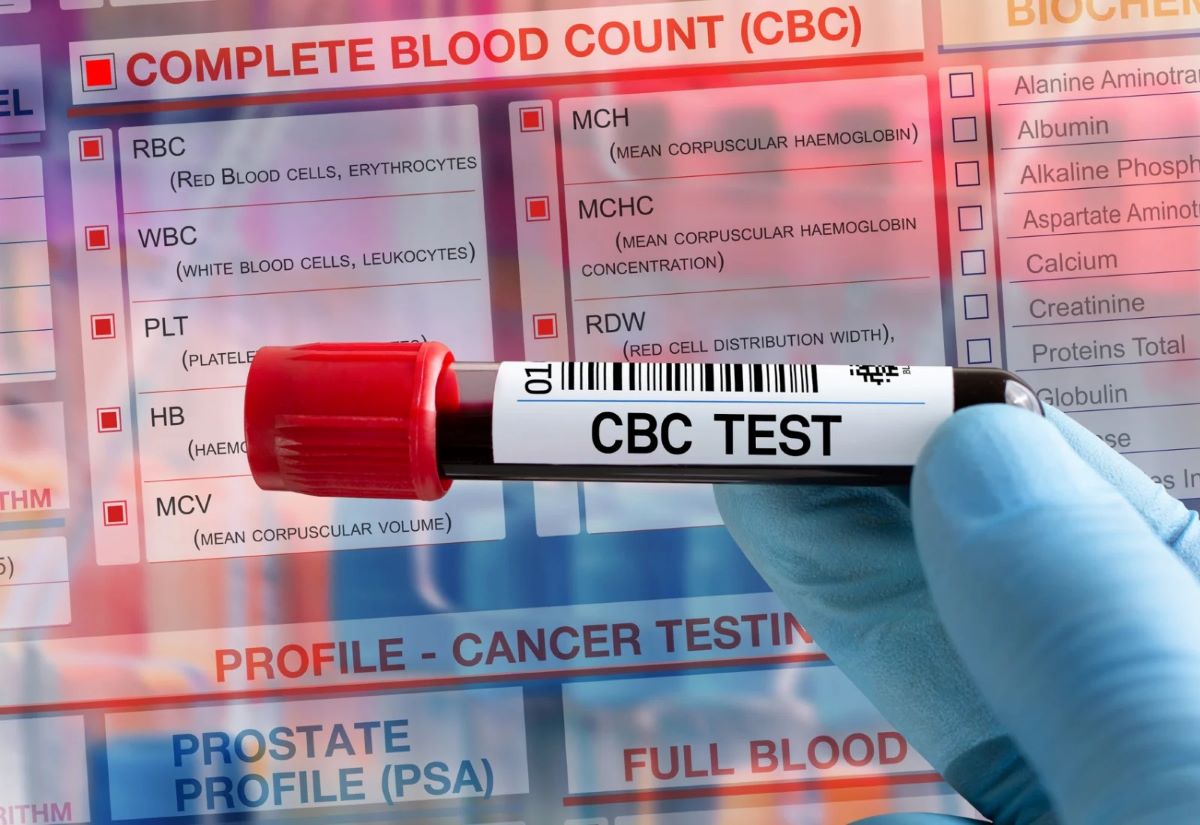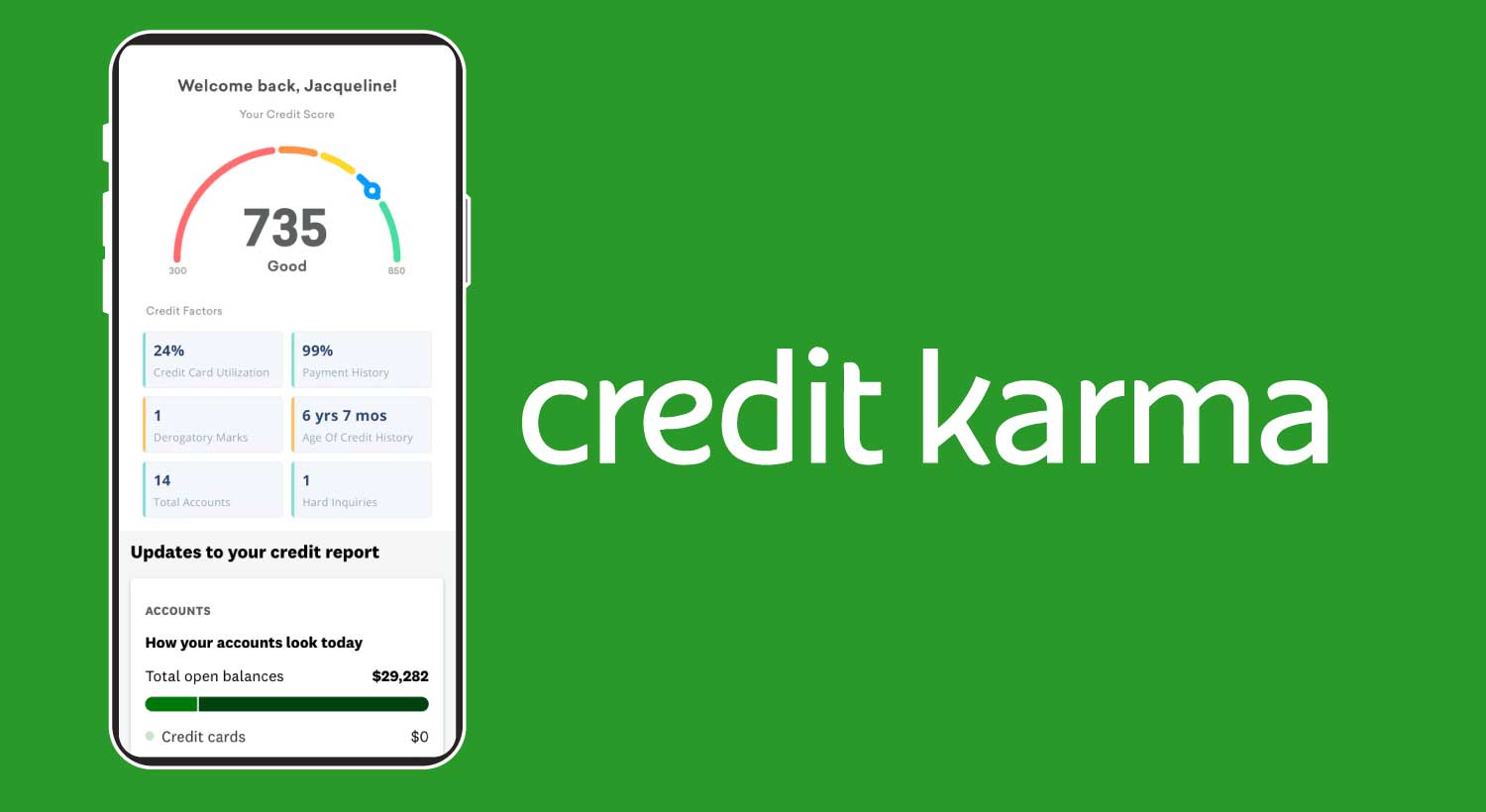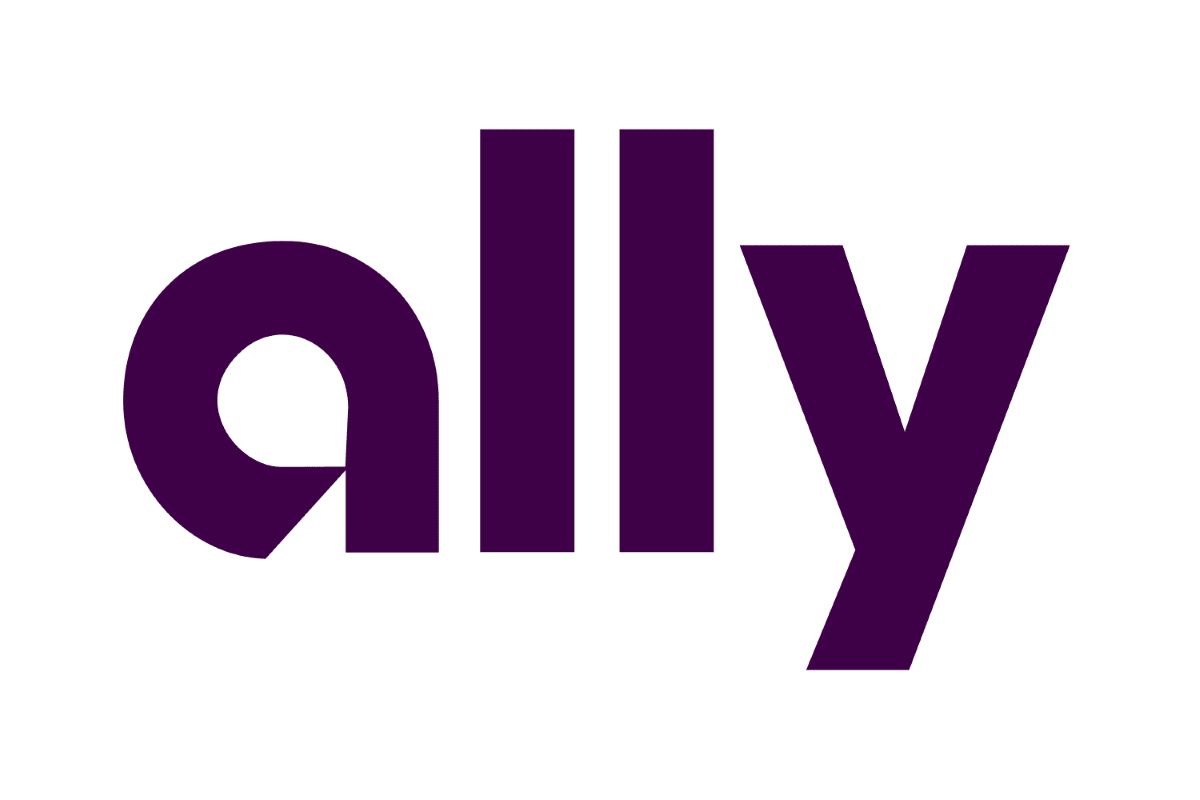

Finance
How Much Does Clomid Cost Without Insurance?
Published: November 18, 2023
Looking for the cost of Clomid without insurance? Discover the financial aspects of obtaining this medication without coverage and find affordable options.
(Many of the links in this article redirect to a specific reviewed product. Your purchase of these products through affiliate links helps to generate commission for LiveWell, at no extra cost. Learn more)
Table of Contents
Introduction
Clomid, also known as clomiphene citrate, is a medication commonly used to stimulate ovulation in women who have trouble conceiving. It belongs to a class of drugs called selective estrogen receptor modulators (SERMs) and works by blocking estrogen receptors in the hypothalamus, which in turn stimulates the release of hormones that trigger ovulation.
For individuals who are considering using Clomid to enhance their fertility, one important consideration is the cost. While the price of Clomid can vary depending on several factors, one significant aspect to consider is whether or not you have insurance coverage.
In this article, we will explore the cost of Clomid without insurance and provide insights into the factors that can affect pricing. We will also offer tips on how to save money on Clomid and discuss alternative options to consider.
Understanding the cost of Clomid without insurance is crucial for individuals who may not have coverage or are considering options outside of their insurance plan. By having a better understanding of the financial aspects, individuals can make more informed decisions regarding their fertility treatment.
Understanding Clomid
Clomid, or clomiphene citrate, is a medication that is commonly prescribed to women experiencing infertility issues. It is primarily used to stimulate ovulation and increase the chances of getting pregnant. Clomid is a selective estrogen receptor modulator (SERM), which means it works by blocking the effects of estrogen in the body.
Estrogen plays a crucial role in the female reproductive system, and its levels fluctuate throughout the menstrual cycle. In some cases, women may have difficulty ovulating due to hormonal imbalances or other factors. Clomid works by binding to the estrogen receptors in the hypothalamus, a part of the brain that regulates hormone production. By blocking these receptors, Clomid helps to trick the body into producing more follicle-stimulating hormone (FSH) and luteinizing hormone (LH).
FSH and LH are essential hormones for ovulation. FSH stimulates the development of follicles in the ovaries, which contain the eggs. LH triggers the release of a mature egg from the follicle, a process known as ovulation. By increasing FSH and LH levels, Clomid helps to stimulate the growth and release of eggs, increasing the chances of conception.
Clomid is typically taken orally and is usually prescribed for a specific duration of time, usually three to six cycles. It is important to follow the prescribed dosage and timing recommended by your healthcare provider to maximize the effectiveness of the medication.
While Clomid is commonly used for ovulation induction in women, it may not be suitable for everyone. Your healthcare provider will conduct a thorough evaluation to determine if Clomid is the right treatment option for you, taking into consideration factors such as previous medical history, underlying fertility issues, and potential risks and side effects.
Factors Affecting Clomid Cost without Insurance
The cost of Clomid without insurance can vary based on several factors. Understanding these factors can help you better estimate the expenses associated with this medication and plan accordingly. Here are some key factors that can affect the cost:
- Pharmacy and Location: The price of Clomid can differ from one pharmacy to another and can also vary based on your geographical location. Comparing prices between different pharmacies in your area can help you find the best deal.
- Prescription Strength: Clomid comes in different strengths or dosages. Higher strength medications may be more expensive compared to lower strength ones. Your healthcare provider will prescribe the appropriate strength based on your specific needs.
- Quantity: The quantity of Clomid you need can also impact the cost. Usually, Clomid is prescribed for a certain number of cycles, and the price will vary depending on the quantity needed for the entire treatment duration.
- Brand vs. Generic: Clomid is available in both brand-name and generic versions. Generic medications are typically less expensive than their brand-name counterparts. However, it’s important to note that generic drugs contain the same active ingredient as the brand-name version and are just as effective.
- Discounts and Coupons: Some pharmacies or Clomid manufacturers may offer discounts or coupons that can help reduce the cost of the medication. Checking for such offers or signing up for patient assistance programs can provide additional savings.
It’s important to keep in mind that while Clomid may be more affordable without insurance coverage, the total cost may still add up over the course of treatment. Therefore, it’s essential to factor in these various influencing factors when budgeting for Clomid expenses.
Average Prices of Clomid without Insurance
The cost of Clomid without insurance can vary widely depending on the factors mentioned earlier. To give you a general idea, here are the average prices you can expect to pay for Clomid without insurance:
- Generic Clomid: The average price for a 5-day supply (typically one cycle) of generic Clomid ranges from $30 to $75. The specific strength and quantity prescribed will influence the overall cost.
- Brand-Name Clomid: The average price for a 5-day supply of brand-name Clomid can range from $100 to $140. Brand-name medications are generally more expensive than their generic counterparts.
It’s important to note that these are average prices and may vary depending on factors such as location, pharmacy, and discounts. Prices may also be subject to seasonal fluctuations or promotions, so it’s a good idea to compare prices at different pharmacies and look for any available discounts or coupons.
Additionally, Clomid treatment typically involves multiple cycles. The total cost of Clomid without insurance will depend on the duration of treatment recommended by your healthcare provider. It’s important to discuss the anticipated length of treatment and associated costs with your healthcare provider to better understand the financial implications.
If the cost of Clomid without insurance is a concern for you, there are alternative options to consider. Your healthcare provider may be able to recommend alternative medications or fertility treatments that are more affordable. It’s essential to have an open conversation with your healthcare provider about your financial situation and explore all available options.
Furthermore, there are cost-saving strategies you can employ to minimize the expenses associated with Clomid treatment. These strategies will be discussed in the next section to help you effectively manage the financial aspect of your fertility journey.
Ways to Save Money on Clomid without Insurance
If you’re considering using Clomid without insurance coverage, there are several strategies you can employ to help reduce the cost of your medication. Here are some tips for saving money on Clomid:
- Compare Prices: Check prices at different pharmacies in your area to find the best deal. Online pharmacies may also offer competitive prices, but exercise caution and ensure the pharmacy is reputable and licensed.
- Ask for Generics: Opt for the generic version of Clomid, as it can be significantly less expensive than the brand-name option. Generic medications have the same active ingredient and are just as effective.
- Discounts and Coupons: Look for discounts, coupons, or patient assistance programs offered by pharmacies or the manufacturer of Clomid. These programs can help lower the cost of the medication.
- Consider Lower Strengths: Discuss with your healthcare provider the possibility of using a lower strength of Clomid. This can help reduce the cost, as lower strength medications are generally less expensive.
- Optimize Prescription Duration: Work with your healthcare provider to determine the most effective treatment duration. Minimizing unnecessary cycles can help reduce the overall cost of Clomid.
- Single-Cycle Monitoring: Consider opting for single-cycle monitoring instead of continuous monitoring throughout treatment. Single-cycle monitoring involves tracking ovulation and timing intercourse for a particular cycle, which can be cost-effective.
- Consider Fertility Assistance Programs: Some fertility centers or organizations offer financial assistance or discounted fertility treatment programs. Research local fertility centers to see if they provide any cost-saving options.
Remember to consult with your healthcare provider before making any changes to your medication or treatment plan. They can provide guidance and help you navigate through the options available to you.
In addition to these strategies, it’s important to take care of your overall health and explore lifestyle modifications that can enhance your fertility. Maintaining a healthy weight, practicing stress-reducing techniques, and adopting a balanced diet can all contribute to your fertility journey and potentially reduce the need for extensive medication use.
By being proactive and exploring these cost-saving strategies, you can help alleviate the financial burden associated with Clomid treatment without insurance coverage.
Conclusion
Clomid is a commonly prescribed medication for individuals experiencing infertility issues. However, the cost of Clomid without insurance can be a concern for many. Understanding the factors that influence the cost and exploring ways to save money can help individuals make informed decisions about their fertility treatment.
In this article, we discussed the average prices of Clomid without insurance, including both generic and brand-name options. We also highlighted factors such as pharmacy location, prescription strength, quantity, and the availability of discounts or coupons that can impact the overall cost of Clomid.
We also provided tips for saving money on Clomid, such as comparing prices, asking for generics, utilizing discounts and coupons, considering lower strengths, and optimizing prescription duration. Additionally, we suggested exploring single-cycle monitoring and fertility assistance programs to further minimize the financial burden.
It’s important to remember that financial considerations should not compromise your overall health and well-being. Always consult with your healthcare provider before making any changes to your medication or treatment plan. They can guide you in making the best decisions based on your specific needs and circumstances.
While the cost of Clomid without insurance can be significant, it’s crucial to stay positive and explore all available options. Fertility treatments can be a complex and emotional journey, but with the right support and resources, many individuals are able to achieve their dream of starting or expanding their family.
By understanding the cost factors and implementing cost-saving strategies, you can take control of your fertility journey while managing the financial aspect effectively. Remember to prioritize your overall well-being and seek support from healthcare professionals and fertility support organizations along the way.














